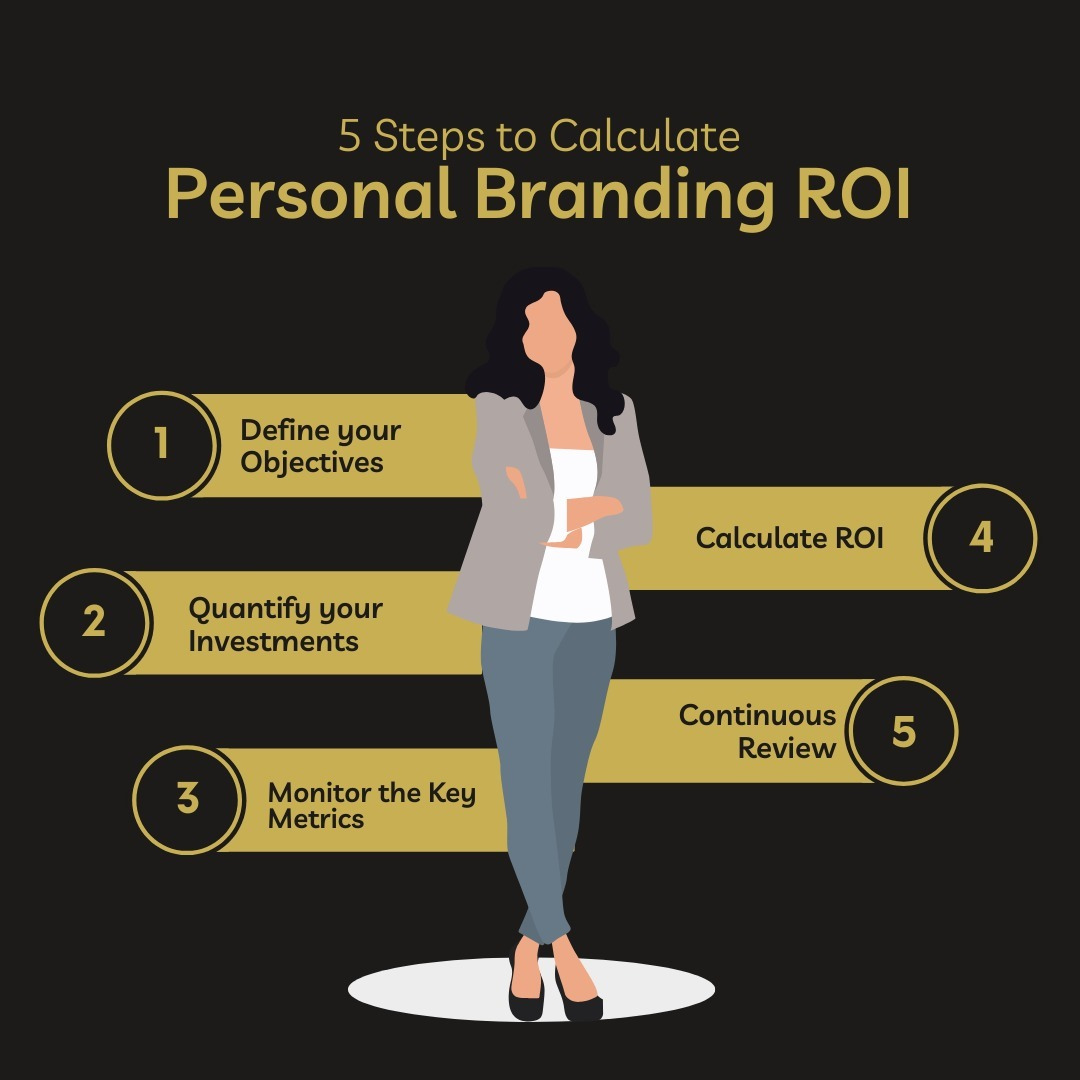In the vast digital space, Personal Branding has become essential for establishing credibility, building connections, and standing out from the crowd. However, amidst the excitement of shaping our online identity, it’s easy to fall into common pitfalls that hinder our progress.
In this blog, we’ll explore five critical personal branding mistakes that many individuals make when developing their brands. By understanding these challenges and learning how to overcome them, you can embark on a journey toward creating a genuine, impactful, and sustainable personal brand.
1. Not Knowing Why You Need Personal Branding?
The problem here lies in the lack of clarity regarding what your brand stands for. Without a clear mission, your audience won’t understand the purpose behind your brand. This lack of understanding can hinder the development of trust and credibility.
When people don’t know what your brand represents in terms of personal development, they’re less likely to connect with it on a deeper level. Defining your mission helps you communicate your values and goals effectively, building stronger connections with your audience.
Take some time to think about:
- What do I want my brand to be known for?
- What values are important to my brand?
- How can my personal development skills help others?
- Why do I want to build a brand?
- Understanding your mission helps you genuinely connect with your audience.
2. Personal Branding with Value
Many personal brands fall into the trap of creating content without considering its value to the audience. If your content doesn’t provide any meaningful insights, solutions, or emotions, it becomes just another noise in the crowded digital space.
People are drawn to content that adds value to their lives, addresses their challenges, and resonates with their personal development. Failing to deliver value diminishes your brand’s relevance and engagement, making it harder to establish trust and loyalty among your audience.
Ask yourself:
- What problems am I helping people with?
- How do I want people to feel after seeing my content?
- What experiences can I share to help others?
- What do I want people to learn from me?
- Value-driven content builds trust and keeps people interested in your brand.
3. Not Knowing Yourself
Authenticity is the cornerstone of Personal Branding. However, if you don’t have a clear understanding of who you are and what you stand for, authenticity becomes elusive. Without self-awareness, it’s challenging to maintain consistency in your brand’s message and actions.
Your audience wants to connect with real people who share genuine stories and experiences. Without knowing yourself, you risk presenting a distorted or inconsistent image of your brand, leading to confusion and distrust among your audience.
Think about:
- How do I want people to see me?
- What do I want to achieve?
- How can I help others?
- What personal stories can I share?
- Knowing yourself helps you build authentic connections with your audience.
4. Not Aligning Your Brand and Business
Your brand should align with your professional goals and aspirations. When there’s a mismatch between your brand and your business objectives, it creates confusion for your audience. They may struggle to understand how your Personal Branding relates to the products or services you offer.
Without alignment, your brand message may lack clarity, making it difficult to attract the right audience and drive business growth. Aligning your brand and business ensures that every aspect of your brand reflects your overarching goals and values, fostering a coherent and compelling narrative.
Follow these steps:
- Keep improving yourself as a leader.
- Make sure your brand message is clear.
- Find ways to reach more people.
- Set up systems to grow your business.
- Build a community around your brand.
- Aligning your brand and business helps you grow in the right direction.
5. Not Being Consistent
Consistency is crucial for maintaining visibility and credibility in Personal Branding. When you’re inconsistent with your content creation and engagement efforts, you risk fading into obscurity amidst the abundance of online voices.
Your audience relies on consistent communication to stay engaged and connected with your brand. Inconsistency can erode trust and diminish brand authority over time. By failing to maintain a regular presence and messaging strategy, you miss out on opportunities to nurture relationships and cultivate a loyal following.
Try these tips:
- Set aside time each week to create content.
- Use tools to schedule your posts in advance.
- Focus on quality over quantity.
- Being consistent in building personal development skills helps you build trust with your audience over time.
In conclusion, building a personal brand takes time and effort. But by avoiding these common mistakes, you can create a brand that people trust and believe in. Remember to stay true to yourself and your mission, and the rest will follow.








